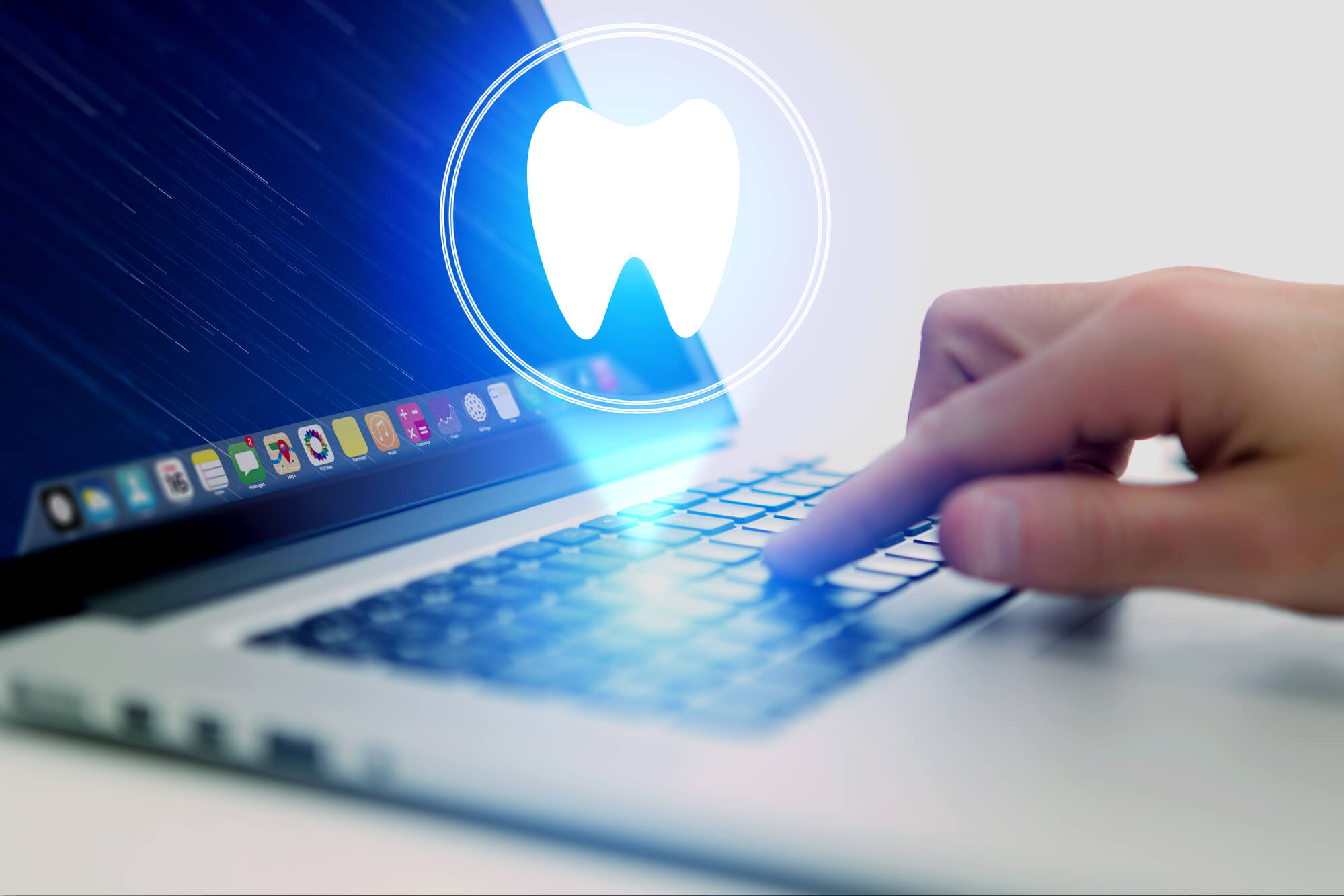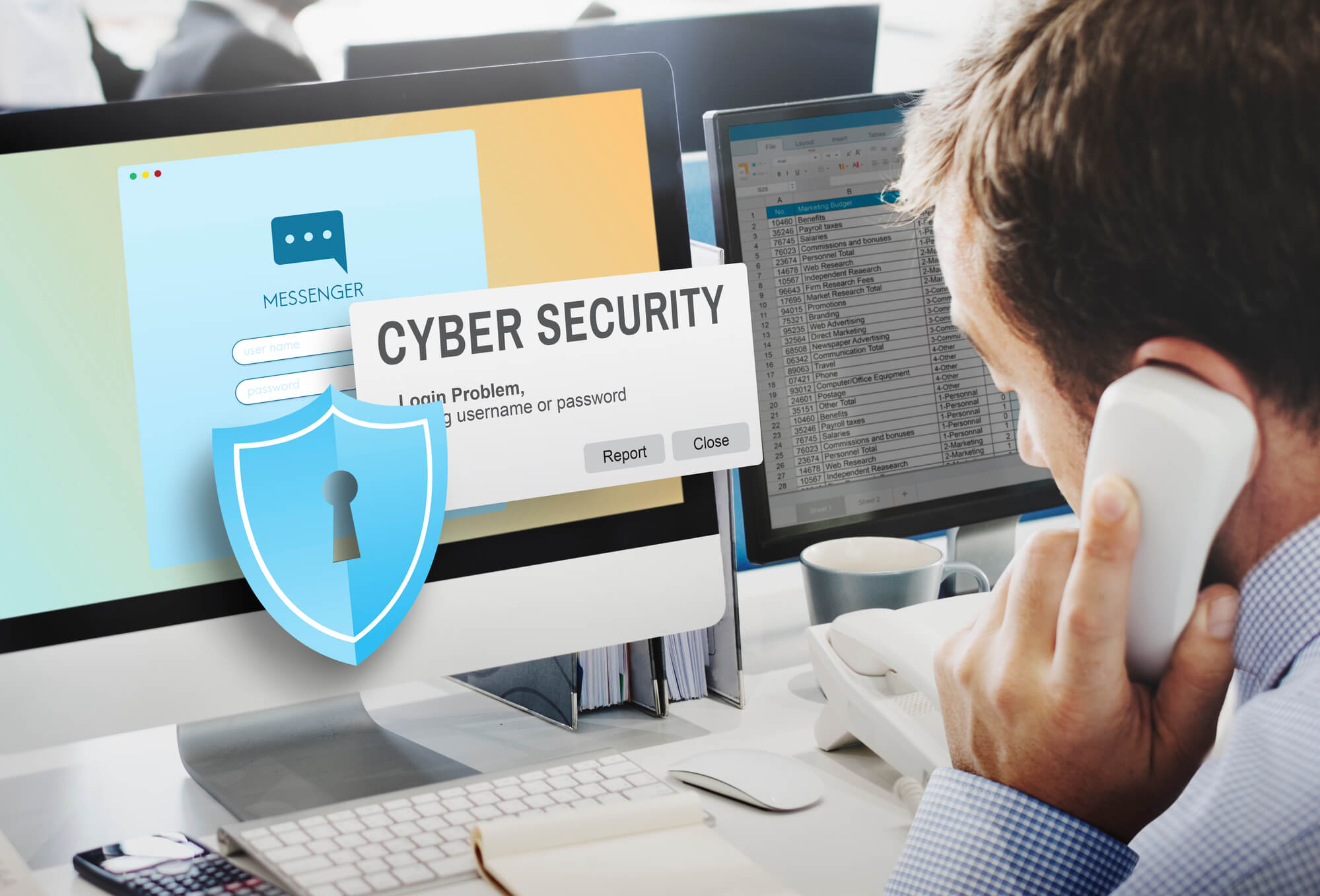How to Protect Your Dental Practice Network Against Cyber Attacks

As dental practices increasingly rely on technology to manage patient records and other sensitive information, it’s important to protect your network against cyber-attacks with IT services for dental practices. Cyber-attacks can cause significant damage to your practice’s reputation and can result in costly data breaches. Let’s review some steps you can take to secure your dental practice. 
Why Dental Practices Require Special Attention to Cybersecurity
Dental practices handle sensitive information such as patient records, financial information, and insurance details. In today’s digital age, this information is stored electronically, making it vulnerable to cyber-attacks.
Dental practices are increasingly targeted by cyber criminals due to the value of the information they hold. A successful cyber-attack on a dental practice can cause significant damage to the practice’s reputation and lead to costly legal fees and fines. That’s why it is crucial for dental practices to prioritize cybersecurity and implement effective measures to protect their network and data.
What to Do to Protect Your Dental Practice
Conduct a Risk Assessment
The first step in securing your dental practice network is to conduct a risk assessment. This involves identifying potential risks and vulnerabilities in your network and systems. You should review your hardware and software, identify potential data breaches, and assess how your staff uses technology. This assessment can help you identify areas that need improvement and determine the appropriate security measures to implement.
Implement Basic Security Measures
There are several basic security measures that you can implement to secure your dental practice network. These include:
- Installing and regularly updating antivirus and anti-malware software
- Regularly updating your operating systems and software
- Securing your wireless network with a strong password and encryption
- Enabling firewalls and intrusion detection systems
- Implementing multi-factor authentication for remote access
- Backing up data regularly and storing it in a secure location
Educate your Staff on Cybersecurity Best Practices
Your staff plays a critical role in keeping your network secure and educating them on best practices can reduce the risk of a cyber-attack.
Some key practices to emphasize include creating strong passwords and changing them regularly, avoiding clicking on suspicious links or downloading unknown attachments, not sharing login credentials or sensitive information, and reporting any suspicious activity to IT or management. By doing this, you can create a culture of cybersecurity awareness and help protect your practice’s sensitive data.
Monitor Your Network for Suspicious Activity
This includes reviewing access logs, monitoring user activity, and conducting regular security audits. If you detect any suspicious activity, take immediate action to investigate and mitigate the risk
Consider Working with an IT Services Provider
If you don’t have the expertise in-house, consider working with a cybersecurity provider that offers services specifically tailored for dental practices.
An IT company can help you with risk assessments, vulnerability testing, security awareness training, and incident response planning. Working with a cybersecurity provider can give you peace of mind that your practice’s network is secure.

Be Safe with IT Services for Dental Practices
If you’re looking for expert cybersecurity services specifically tailored for dental practices, consider working with Hue.IT. With our help you can ensure your dental practice network is secure and protected from cyber-attacks. Contact us today!

